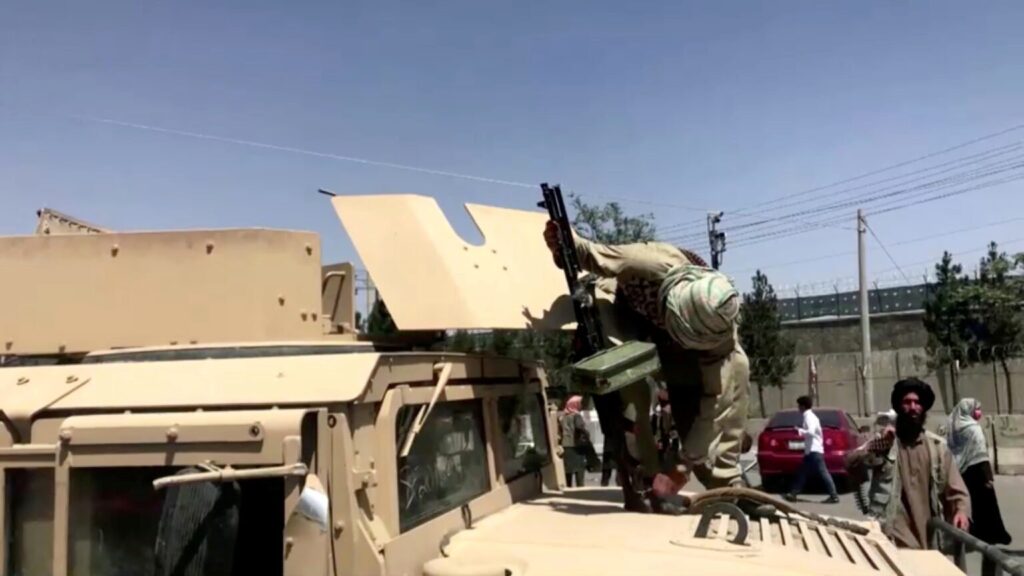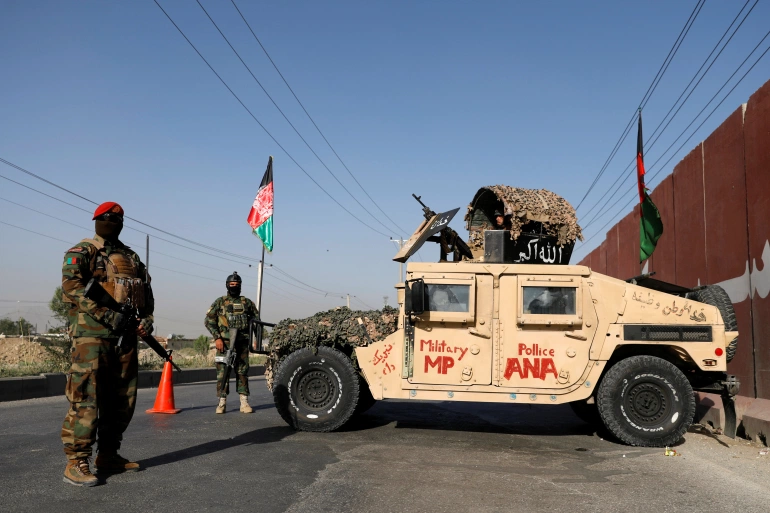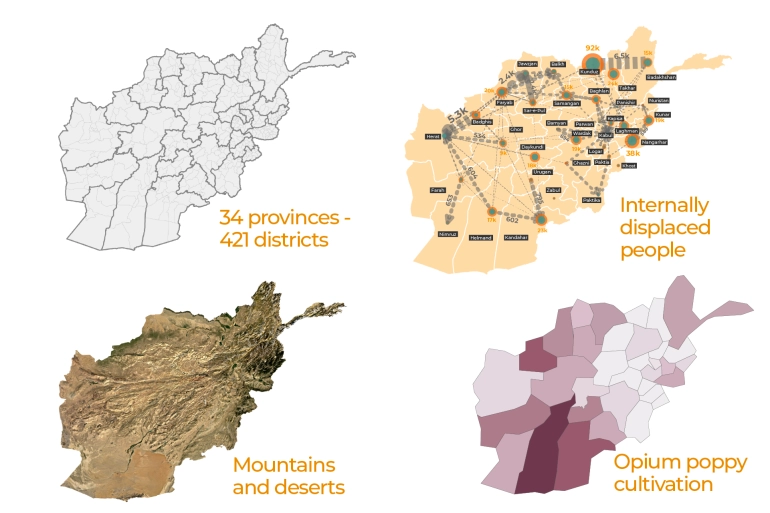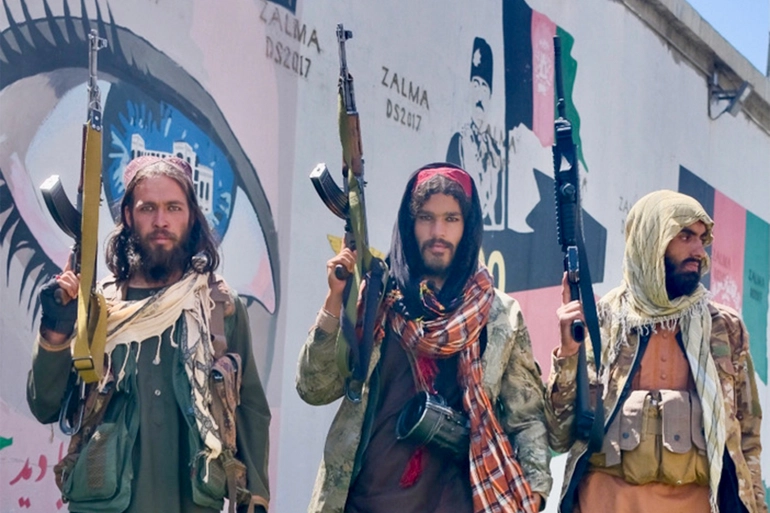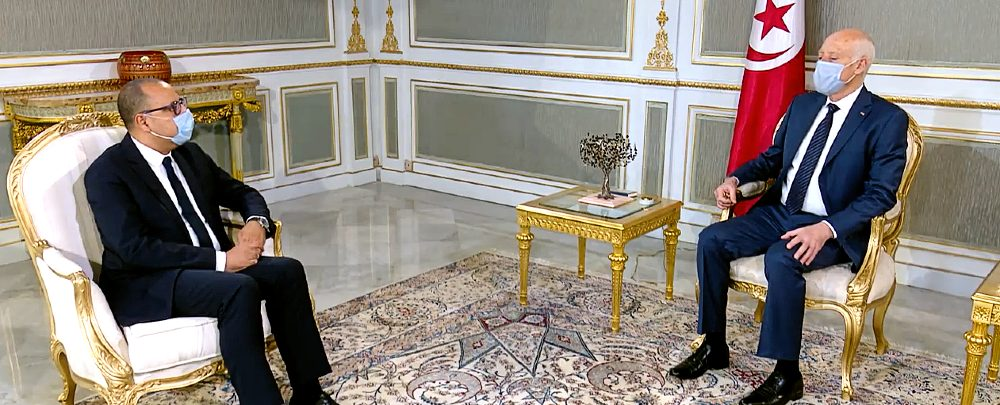Afghanistan, d’une défaite l’autre

Kaboul est tombée et il n’aura fallu que quelques semaines aux talibans pour balayer l’armée afghane financée et formée par les États-Unis durant vingt ans. Pour rappel, le régime communiste avait survécu trois années au retrait de l’Armée rouge. Mais le désastre afghan, au-delà d’une défaite ponctuelle, signe le fiasco de « la guerre contre le terrorisme ».

